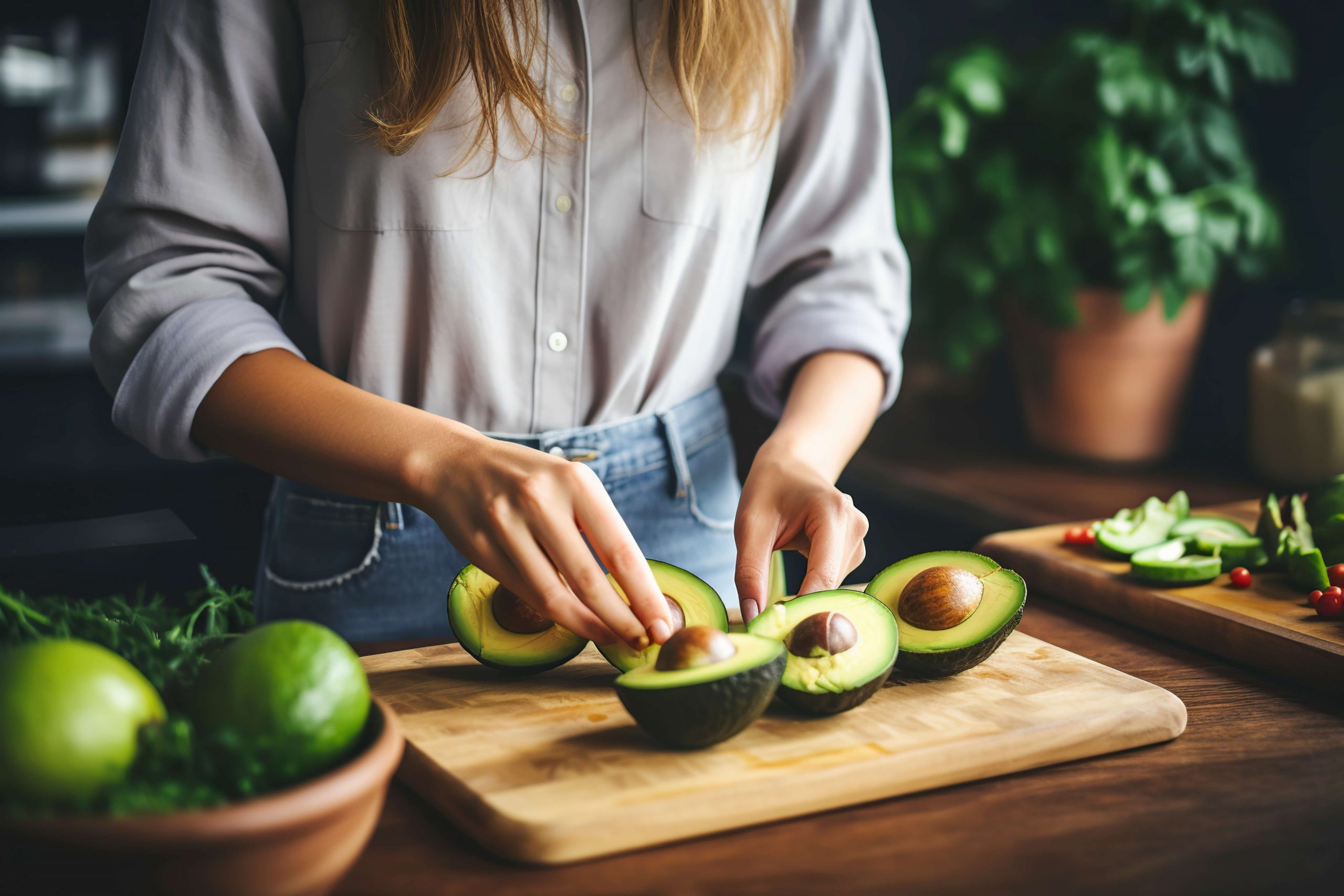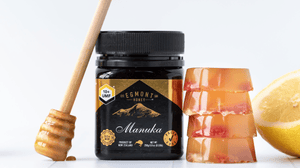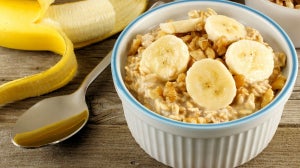
With 13 essential vitamins out there, it can be hard to navigate the responsibilities and benefits of each one.
As one of the four fat-soluble vitamins, vitamin E is an essential nutrient that plays a crucial role in various bodily functions, but how much do you truly know about it?
Join us as we explain everything you need to know about what vitamin E is, and its function within the body. Whether you're already well-acquainted with this vitamin or just starting to learn about it, carry on reading to find out more.
What is Vitamin E?
Vitamin E is a fat-soluble vitamin, which means unlike water-soluble vitamins, any excess can be effectively absorbed and stored in your body, until you need to use them.
It is made up of eight different compounds including alpha, beta, gamma and delta classes of tocopherol, all of which are antioxidants that may work to protect your cells from oxidative stress caused by free radicals.
What is Vitamin E Good For?
There are multiple health benefits of vitamin E, which makes it important to incorporate into your diet. Here are just a few functions that vitamin E may be able to support with:
May Provide Some Protection Against Free Radicals
Free radicals are unstable molecules that can cause damage to cells in the body through oxidative stress.
Antioxidants can help to neutralise free radicals; however, damage occurs when there is a deficit of antioxidants.
As vitamin E acts as an antioxidant, it may be able to help provide some protection from oxidative stress.
Could Help to Manage Eczema
Vitamin E can be beneficial to those who have certain skin concerns, such as eczema, due to its antioxidant and anti-inflammatory properties.
Although more research is needed, studies suggest that vitamin E may improve some of the symptoms of eczema, like itching and redness.
May Support Your Immune Health
Vitamin E is thought to play a role in supporting your immune system by helping the body fend off viruses and bacteria more effectively.
May Help Manage Period Pain
Due to the anti-inflammatory and antioxidant properties found in vitamin E, it is thought to be able to alleviate the severity of menstrual pain.
Although more research is needed in this area, the initial studies found that oral consumption of vitamin E was able to relieve symptoms, without serious side effects.
Could Help to Support Skin Health
Vitamin E may be able to help to maintain skin health in a number of ways. Firstly, it's thought to be able to lock in moisture.
In addition to this, its antioxidant properties may help to reduce the risk of skin damage caused by free radicals.
Although many of the studies into the benefits of vitamin E for skin health are carried out through oral application, it is also a common addition to skincare products and could show some promising results when applied topically.
Foods High in Vitamin E
Making sure to include sources of vitamin E in your diet is important to help maintain your health. To give you inspiration, here are just a few foods high in vitamin E:
Nuts and seeds including sunflower seeds, almonds, hazelnuts and peanuts.
Fruits including avocado, kiwi, mango and pumpkin.
Vegetables including asparagus, broccoli and red peppers.
Fish such as trout, sardine prawns and oysters.
Vegetable oils, such as sunflower, avocado and olive oil.
Incorporating these foods into your diet could help your vitamin E levels. However, if you're on a restricted diet a vitamin E supplement, like Puritan’s Pride Vitamin E Capsules could help to support the recommended intake.
How Much Vitamin E Do I Need per Day?
The recommended intake of vitamin E for adults is 15mg. If you maintain a healthy, balanced diet, you should be able to meet your vitamin E requirements. As any excess is stored by the body, you do not need to consume it every day.
As with the other fat-soluble vitamins, a source of fat is required during consumption for optimal absorption.
As many of the vitamin E-rich foods also contain healthy fats, it’s likely that it will be relatively well-absorbed. However, if you’re following a restricted diet, you should ensure that you are consuming vitamin E alongside sources of fat, such as combining fortified cereal with full-fat milk or adding a small amount of oil or butter to asparagus while cooking.
Signs of a Vitamin E Deficiency
As vitamin E is present in so many foods, a deficiency is rare. However, it can sometimes occur due to malabsorption of dietary fats in those with certain health conditions. These are the symptoms to look out for:
Lowered immunity
Muscle weakness
Nerve and muscle damage
Numbness in the limbs
Impaired vision at night
If you’re experiencing any of these symptoms, it’s advisable to consult a healthcare professional.
When to Take Vitamin E: Morning or Night?
When it comes to deciding the best time to take vitamin E, the key factor is not the time of day but that it is consumed with a meal containing fat.
This means you can incorporate vitamin-E rich foods into your breakfast, lunch or dinner, as long as they are consumed alongside a source of healthy fats.
So, find a time that works for you to see if you could reap the benefits of vitamin E.
Now you know everything you need to know about this vitamin, why not explore our wide range of vitamins and supplements to help support your health?









